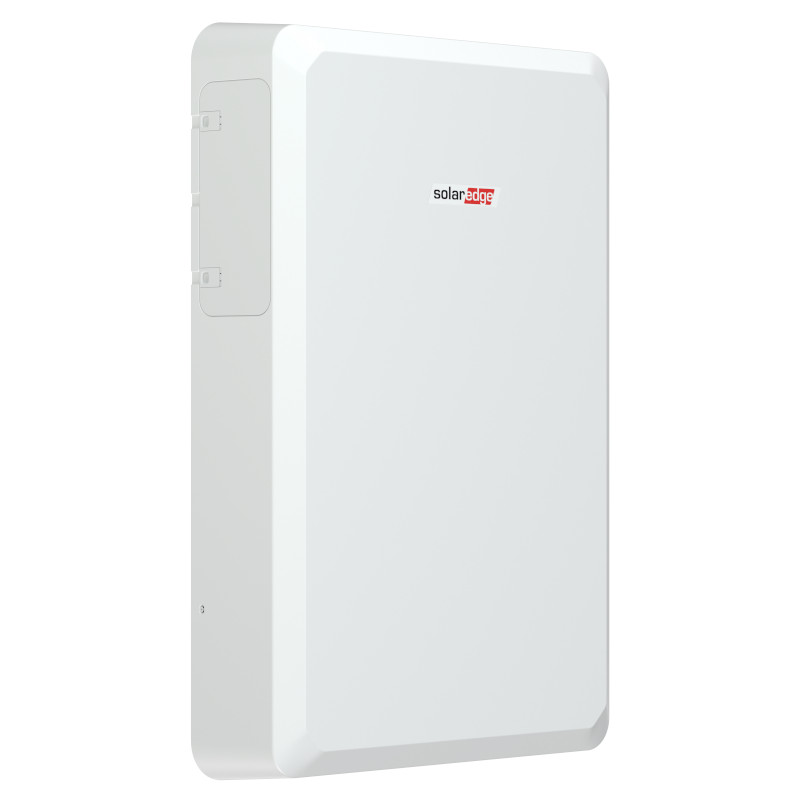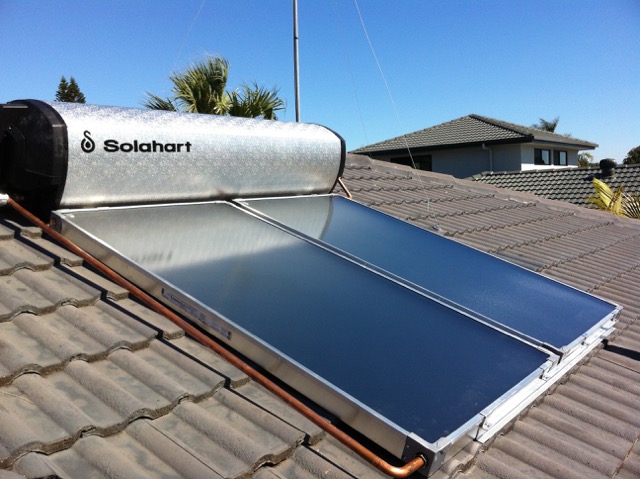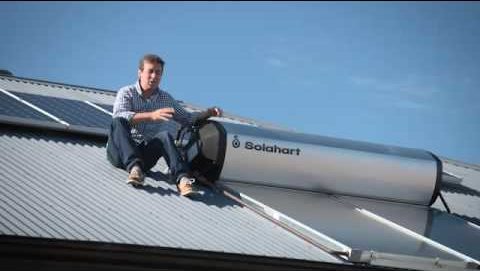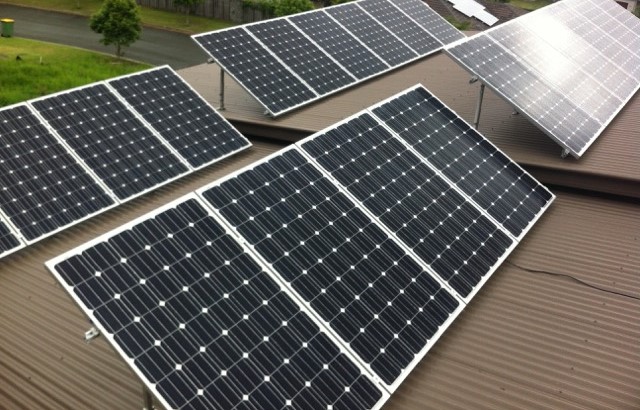Home solar panels are a great way to save money on your energy bill, but not every home is right for solar.
You may be wondering if your home or business is suitable for solar panels and what the installation process entails.
“Solar panels must be installed in an area that receives a lot of sunlight.”
In this blog post, we will outline some things to consider when deciding if solar is right for you and how to go about getting panels installed.
Stay tuned for more helpful tips on making the switch to renewable energy!
What is a solar panel and what are the benefits of using it?
Solar panels are a type of renewable energy technology that converts sunlight into electricity. They are made up of a number of solar cells, which are connected together to form a panel.
Solar panels are usually mounted on rooftops or in open spaces where they can receive direct sunlight. The electricity generated by solar panels can be used to power homes and businesses, or it can be fed back into the grid.
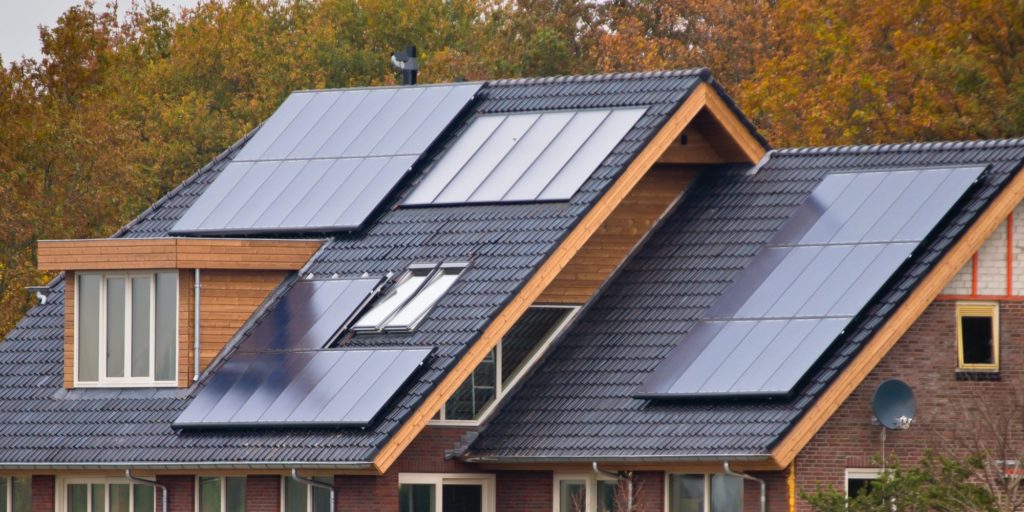
Solar panels have a number of benefits, including:
- Ability to generate electricity with no emissions
- Low maintenance costs
- Long lifespan
Solar panels also have the potential to generate revenue through the sale of excess electricity to utilities.
In addition, solar panels can help to reduce dependence on fossil fuels, and they offer an alternative source of energy for homes and businesses in areas with limited access to the grid.
Tips on identify if your home or business is a good candidate for solar panels
Solar panels are a great way to save on energy costs and reduce your carbon footprint. However, not every home or business is a good candidate for solar panels.
There are several factors to consider when determining if solar panels are right for you.
1. Assess your energy needs
Solar panels are most effective when used to offset high energy usage, such as during periods of heavy air conditioning use. If your energy needs are relatively low, you may not see a significant return on investment from solar panels.
2. Consider your local climate
Australia is one of the sunniest countries in the world, with an average of more than 8 hours of sunshine per day. This, combined with its dry climate and latitude, makes it an ideal location for solar energy production.
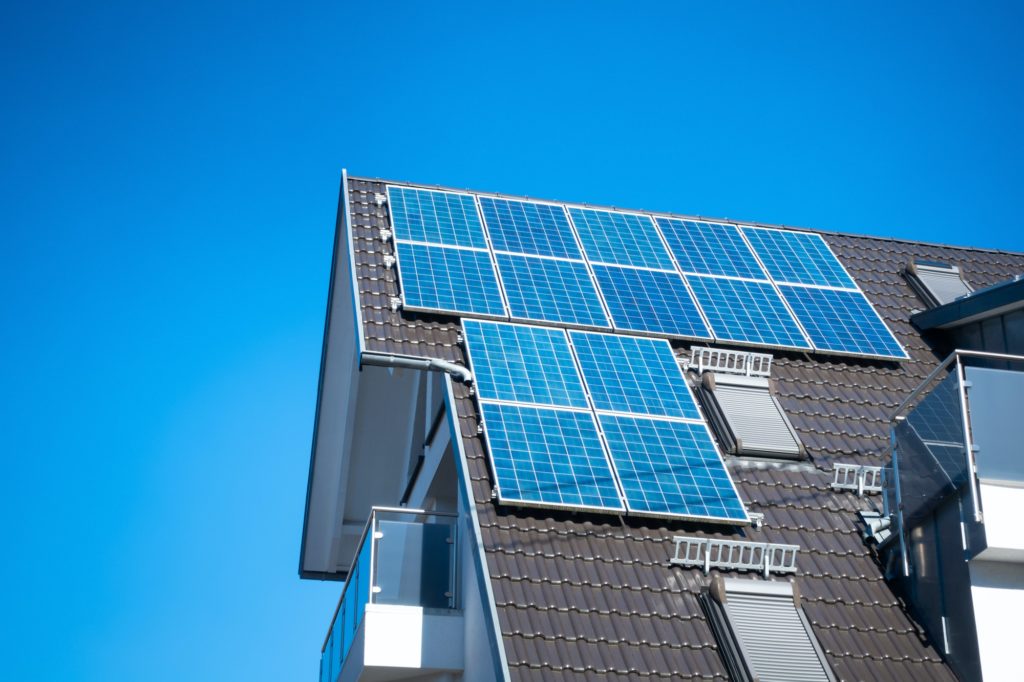
In fact, solar farms in NSW produce enough electricity to power over 200,000 homes. This clean, renewable source of energy is not only good for the environment, but it also creates jobs and boosts the economy.
3. Evaluate the amount of sun exposure your home or business receives.
Solar panels need direct sunlight to function properly, so homes and businesses that are shaded by trees or other buildings are not good candidates for solar panels.
If you live in a sunny state, have high energy needs, and receive plenty of sun exposure, solar panels may be right for you.
Now that you know how to identify if your home or business is a good candidate for solar panels, you can take the necessary steps to install them.
Factors that will affect the cost of installing solar panels
The cost of installing solar panels varies depending on a number of factors, such as:
- Type of panel
- Size of the system
- Location
The most important factor is the type of panel. There are three types of solar panels:
- Monocrystalline
- Polycrystalline, and
- Thin-film
Monocrystalline panels
Made from a single crystal of silicon, and they are the most efficient type of panel. However, they are also the most expensive.
Polycrystalline panels
Made from multiple crystals of silicon, and they are less efficient than monocrystalline panels. However, they are also less expensive.
Thin-film panels
Made from a thin layer of semiconductor material, and they are the least efficient type of panel. However, they are also the least expensive.
The size of the system is another important factor that affects the cost of installing solar panels. The larger the system, the more expensive it will be.
The location is also a factor. Solar panels must be installed in an area that receives a lot of sunlight. If the location does not receive enough sunlight, then the system will not be effective and the cost will be higher.
How to find a reputable contractor to install solar panels for you
When it comes to finding a reputable contractor to install solar panels for your home, there are a few things you can do to ensure that you find a reliable and experienced professional.
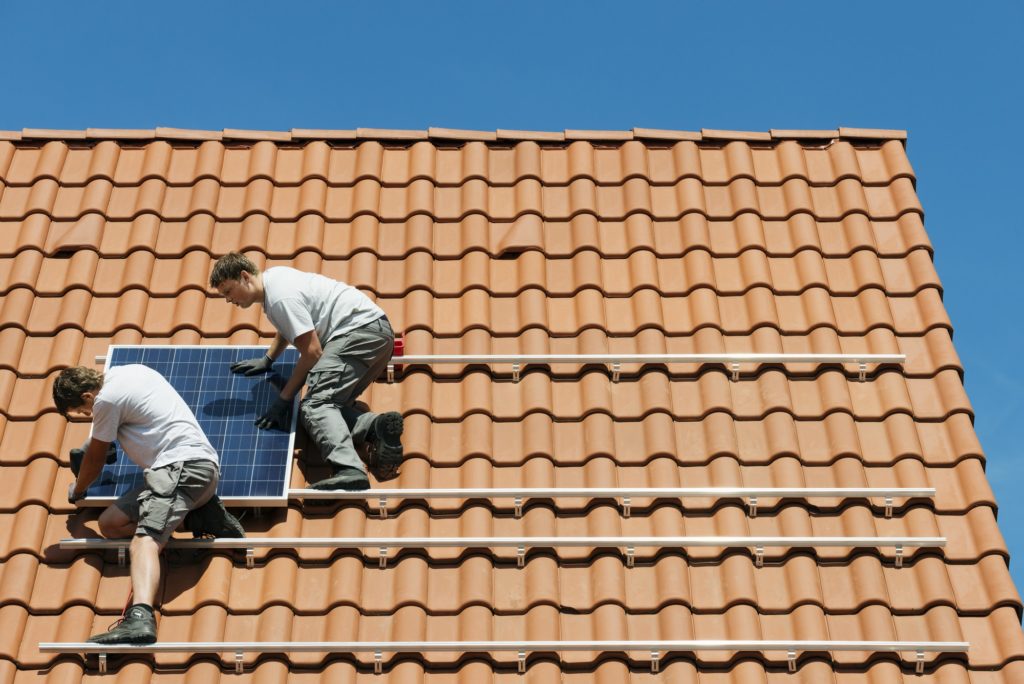
- Ask for recommendations from friends or family who have had solar panels installed.
- Once you have a few names, you can then check online reviews to see what others have said about their experience with the contractor. It’s also important to make sure that the contractor is licensed and insured, as this will protect you in case of any damage or accidents during the installation process.
- Be sure to get multiple quotes from different contractors so that you can compare prices and make the best decision for your needs.
Final Thoughts
If you’re still unsure if solar panels are the right choice for your home or business, don’t worry. You can find a wealth of information online to help make your decision.
By following the simple steps in this blog post, you will be able to identify if solar energy is a viable option for you.
Feel free to reach out to us and we would be happy to help!

